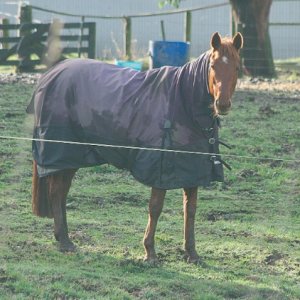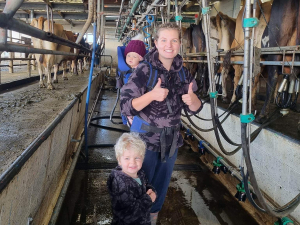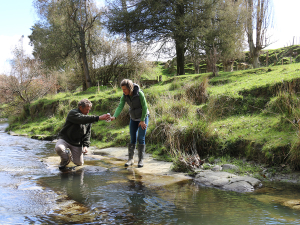Its reminder follows enquiries in Hawkes Bay and the wider East Coast found reports of unqualified people performing castrations on their own horses, and in some cases, as a business.
“It appears to be a practice that is well ingrained in the culture of the farming and rural community of the wider East Coast area with this service being utilised by many large station owners despite them knowing it to be illegal,” says MPI Wellington/Taranaki District Compliance manager Mike Green.
Penalties under the Animal
Welfare Act 1999 carry a maximum fine of $50,000 or 12 months imprisonment.
Green says the procedure has been a veterinarian-only one for more than 50 years “so there are no excuses for anyone being unaware of its status.”
“We want to get the message across that continuation of this illegal practice may attract prosecution. This includes horse owners who allow the illegal castration of their horses, and people performing illegal castration of horses.”
The Ministry has issued nine warnings in the area and is continuing its enquiries. As yet there are no prosecutions underway.
MPI says veterinarians spoken to said they can provide horse castration services even in more remote areas at reasonable prices provided horse owners plan and are prepared to group together for the same purpose or in conjunction with other veterinary visit needs.
Rural News understands prices start at around $250/horse, though some clinics charge up to $400/horse.









